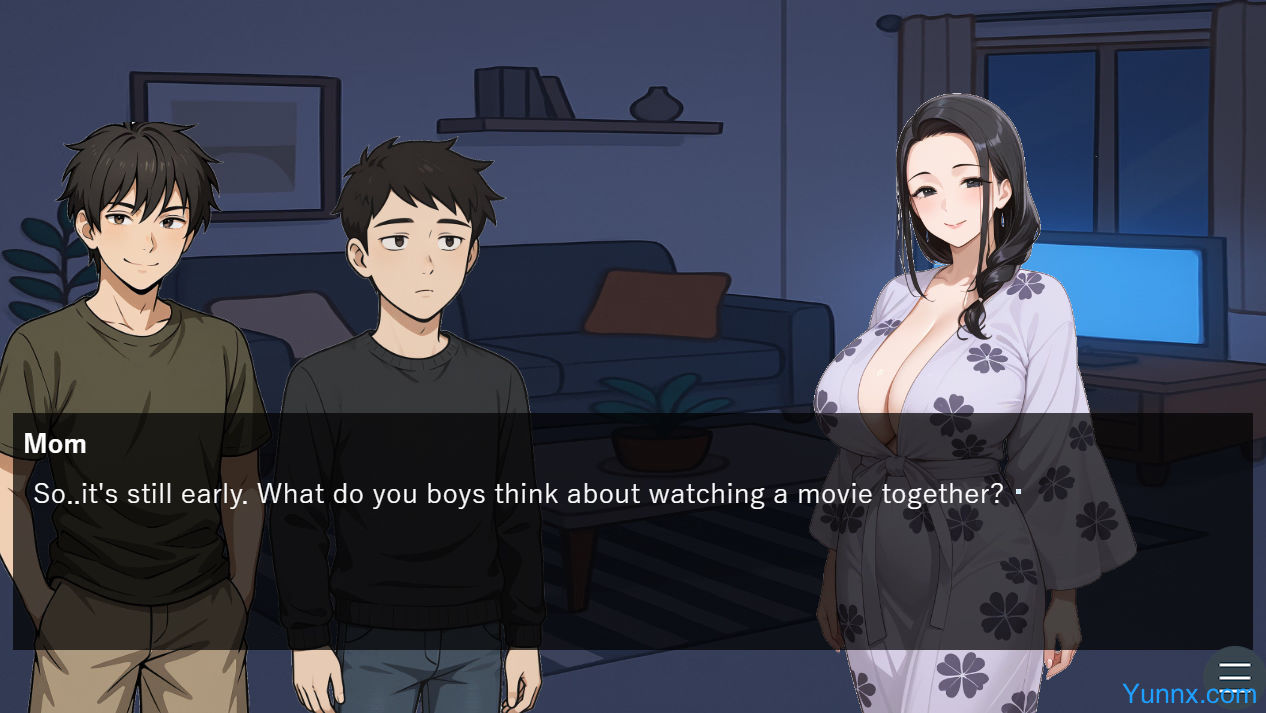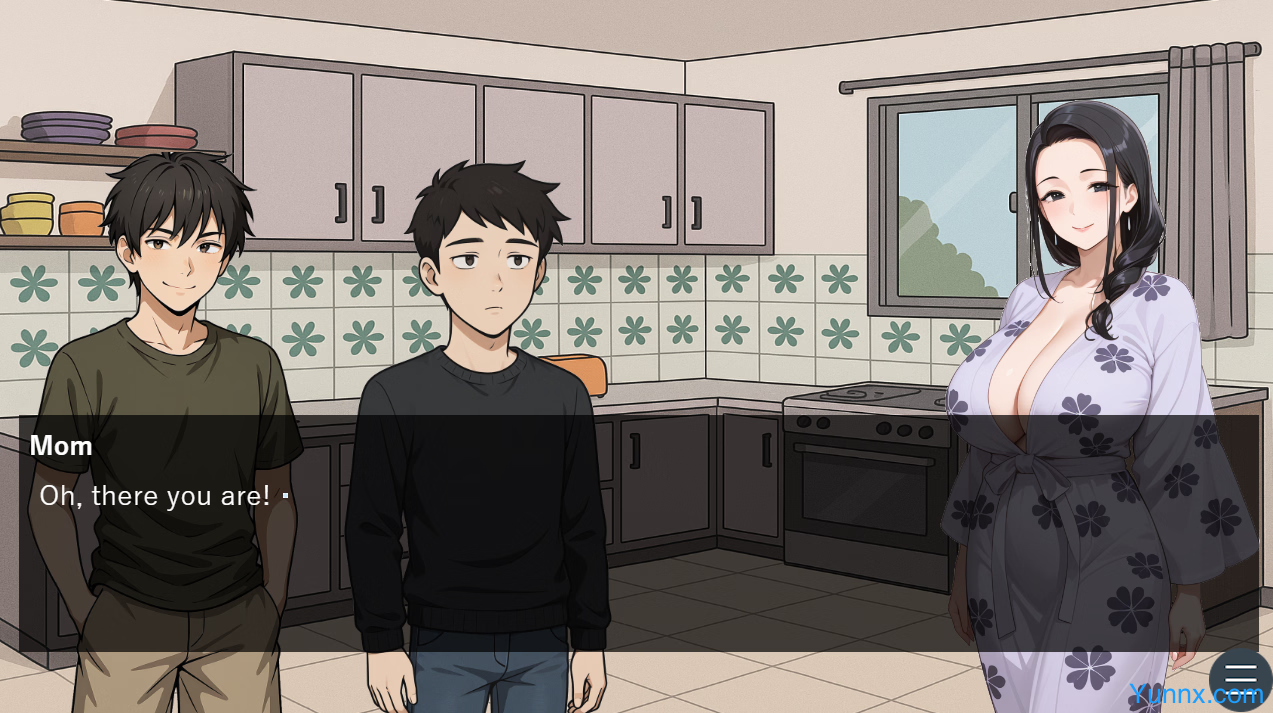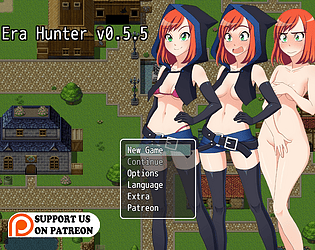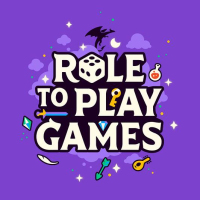A poignant debut visual novel from an emerging creator, Stolen Mother NTR weaves a dark tale of trust shattered and desire crossed. Players step into the shoes of a son forced to witness his closest friend’s forbidden connection with his mother—an emotionally charged NTR (Netorare) experience that balances intimate character drama with mature storytelling. Through point-and-click interaction, this compact yet impactful narrative challenges players to grapple with heartbreak, moral ambiguity, and the fragility of relationships.
The Unfolding Crisis: A Son’s Worst Nightmare Takes Shape
1. A Slow Burn of Unease: The story begins with deceptively normal days—family dinners, casual hangouts with friends—but subtle cracks soon emerge. Subtle changes in your mother’s behavior, furtive glances between her and your best friend, and lingering silences hint at a secret growing beneath the surface, building tension with every small detail.
2. The Inevitable Confrontation: A chance discovery—a misplaced text, an overheard argument—shatters your world. What starts as suspicion hardens into painful clarity as you realize your friend, once a confidant, is crossing lines you never imagined possible with the woman who raised you.
3. The Agony of Helplessness: Unlike traditional narratives where heroes act, here you’re trapped in a spectator’s role. Every glance, every unspoken tension, forces you to confront your powerlessness: Do you confront them? Stay silent? The weight of inaction becomes its own form of torment.
Characters Beyond Labels: Complexity in the Chaos
1. Your Mother: A Portrait of Contradictions: Far from a one-dimensional figure, her actions reveal layers of vulnerability. A recent life change (a quiet loss, unspoken loneliness) humanizes her choices, making her more than a “temptress”—she’s a person grappling with her own needs, blurring the line between victim and participant.
2. Your Friend: The Mask Slips: His charm, once endearing, now feels calculated. Flashbacks to shared childhood memories contrast sharply with his current behavior, forcing you to question: Was this a sudden lapse, or a hidden desire nurtured over time? His motivations remain ambiguous, adding depth to the betrayal.
3. Your Inner Turmoil: A Mirror of Real Grief: The son’s perspective grounds the story in raw authenticity. His confusion—loving his mother while resenting her, valuing friendship while feeling deceived—resonates as a visceral exploration of how trust fractures when intimacy betrays.
Interactive Storytelling: Your Choices Shape the Pain
1. Point-and-Click Exploration: Navigate domestic spaces—kitchens, living rooms, late-night walks—to uncover clues. Examining a half-empty wine glass, a misplaced scarf, or a cryptic note adds context to the unfolding drama, making every detail feel intentional and immersive.
2. Paced Decision-Making: The narrative unfolds in key moments—confrontations, private conversations, moments of silence—where your choices (to speak, to stay quiet, to flee) alter the emotional trajectory. These decisions don’t “fix” the story but deepen its impact, ensuring no two playthroughs feel the same.
3. Mature Engagement Over Exploitation: While the premise involves taboo themes, the focus remains on emotional truth rather than sensationalism. The point-and-click mechanics serve the story, guiding players to reflect on complicity, loyalty, and the cost of silence.





















Preview: